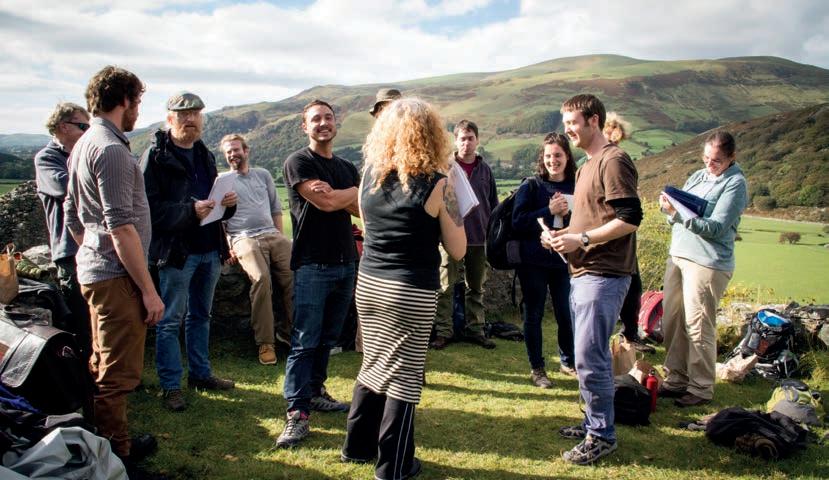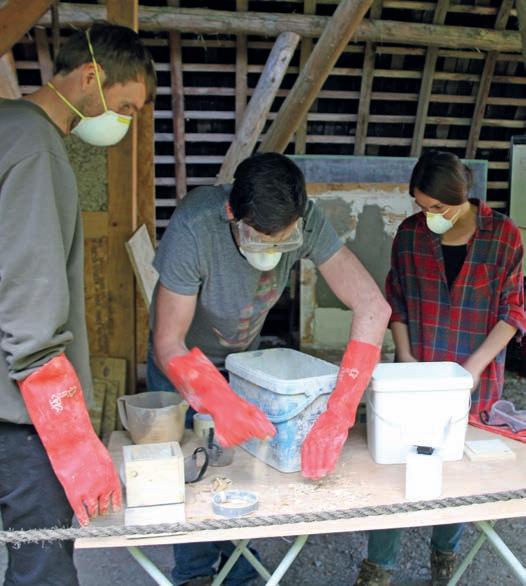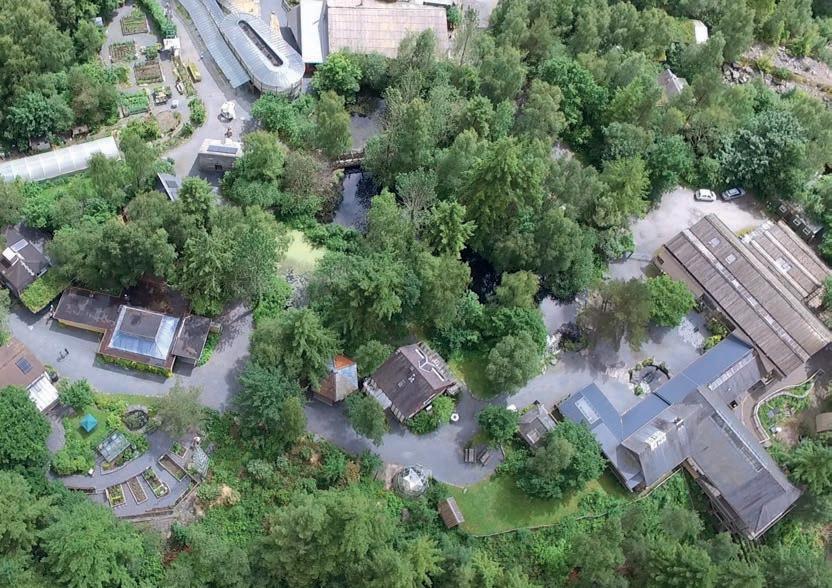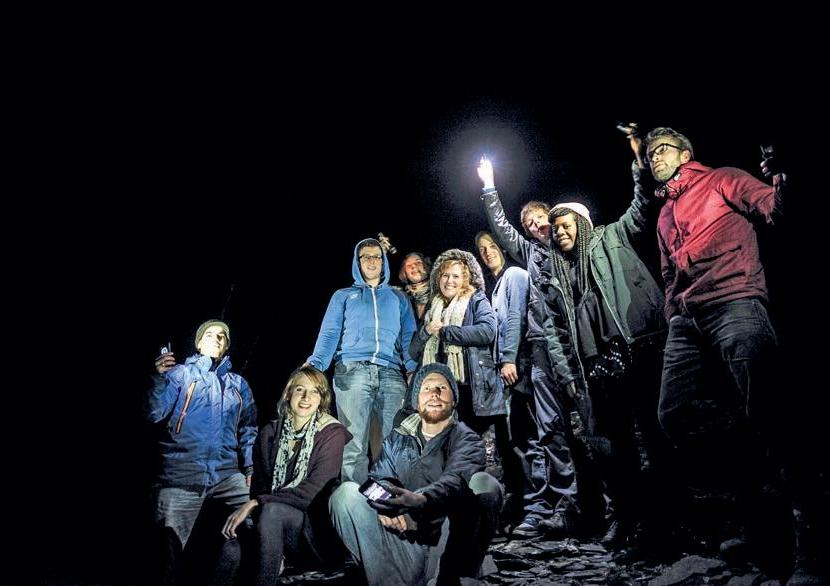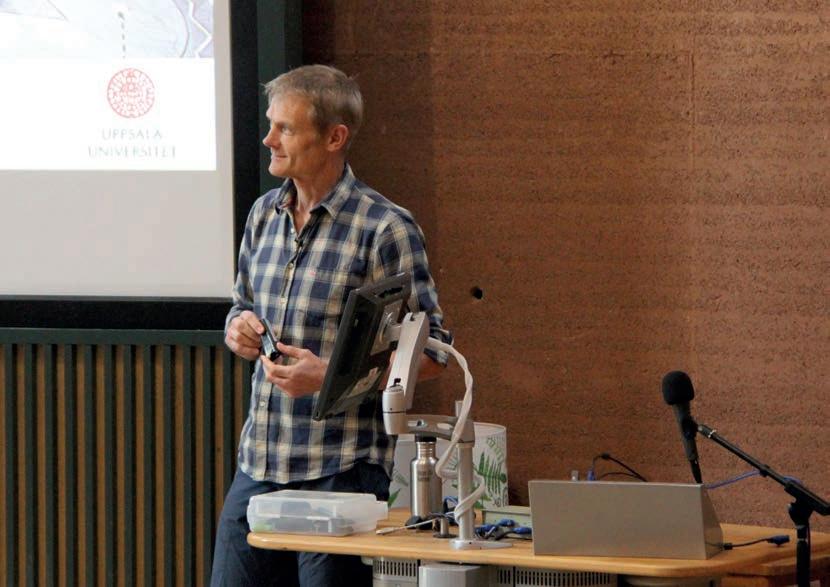
2 minute read
Sustainability and Ecology
Master of Science PG Diploma PG Certificate
Great changes have occurred in human society in the past 200 years, but much of this has come at the expense of the natural systems and species that keep us all alive and healthy. Even in remote environments, evidence of anthropogenic pollutants shows that nowhere remains unaffected.
Advertisement
Through the Sustainability and Ecology programme you will gain a scientific understanding of the issues surrounding the protection and rehabilitation of nature whilst maintaining essential or useful ecosystem services. Explore landscape management and local habitat management practices with a view to maximising environmental sustainability benefits. Critically evaluate the potential values and limitations of habitat restoration, rewilding, species reintroduction, biodiversity, conservation, health and nature, and urban green infrastructure. CAT is situated in a UNESCO Biosphere, with easy access to a wide range of habitats, including woodlands, wetlands, high mountain pasture and woodland, heathland, riverine, coastal and transitional waters – many of which are represented at the CAT site.
Key Areas of Study
Gain a broad and contextual understanding of global and local scale ecological sustainability and how it relates to:
• Ongoing demands of modern society; • The integrated nature of the systemic drivers of climate change and biodiversity loss; • Ecological worldviews; • Land use, biodiversity (species) needs for conservation and ecosystem service provision; • The political and economic bases for sustainability in the sourcing, use and management of resources; • Behaviour change relevant to delivering transformational environmental change.
Core Modules
• Sustainability and Adaptation: Concepts and Planning (30 credits) • Ecological Assessment (15 credits) • Restoration Ecology (15 credits) • Ecosystem Services: Land Use, Water and Waste Management (15 credits) • MSc Dissertation (60 credits)
Optional Modules
• Environmental Politics and Economics (15 credits) • Food Production and Consumption (15 credits) • Cities and Communities (15 credits) • Sustainable Materials in the Built Environment (15 credits) • The Science of Sustainable Food Production (15 credits) • Applied Project (15 credits) • Work-based Project (15 credits) You can choose whether to take each of these modules entirely by distance or via a residential study week – turn to page 6 for details. This course is created and delivered by CAT and validated by Liverpool John Moores University.
Entry Requirements
• We ask for a Bachelor’s degree or knowledge and skills equivalent to degree standard. • IELTS 6.5 (or equivalent) is required for applicants whose first language is not English. Please apply online through our website: www.cat.org.uk/apply
Find out More
Visit our website: www.cat.org.uk/graduate-school Contact us: study@cat.org.uk | +44 (0)1654 705953 Join an open day: Our on-site and virtual open days are informative and inspiring, offering time to chat with lecturers and current students. We also hold course specific Q&A sessions alongside our open days regularly throughout the year in the lead up to each September intake. Book yourself a place by visiting our website.



